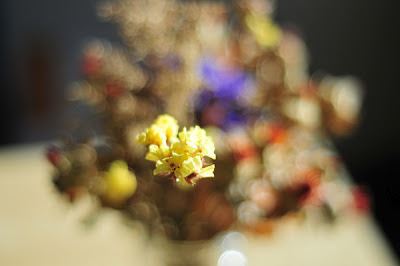Yesterday I was clever, so I wanted to change the world.
Today I am wise, so I am changing myself.
– Rumi
– Rumi
 |
| (Click on the picture to enlarge and read.) |
As it happens often when you
open a random page of a well loved and much read book it pithily lays bare the
path out of the labyrinth that you had been spending months (if not years)
trying to decipher.
In another life I worked in
the development sector. It is no secret. Nor is it a matter of pride– or
embarrassment. Like so many other
things in the world it just is. Leonard Cohen, in a brilliant interview in The Guardian said, “All I have to put in my song is my experience.” Similarly when
I say, I left the development sector and found the path to true virtue (I make
no claim to be virtuous though I hope to get there), it is based purely upon my experience.
In an attempt to reach the
kernel of ‘why’ I felt discomforted in the ‘company’ of ‘organized do gooders’
I may have written what could amount to a decent sized thesis. Though I could
summarize it in these few word– Doing good* for the sake of feeling good about
you. Intentional acts of kindness performed in the belief that by being
charitable one is not just good but somehow better than other living beings
that inhabit this planet. That was something I couldn’t abide with. Because
Intentional Virtue is not Virtue.
The picture above is from The Tao Speaks: Lao Tzu's Whispers of Wisdom, adapted and illustrated by Tsai Chih
Chung, translated by Brian Bruya.
*The good is italicized
because like all value judgments what is good is not only comparative
but also established by people living in a particular time and age. That is why
morality is a double bind and also one of the fiercest and most destructive
constrains devised by man.










































